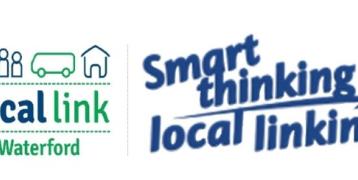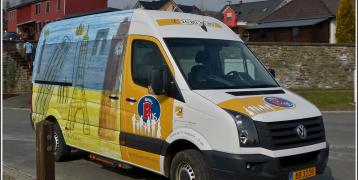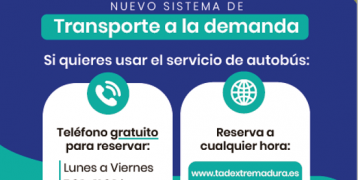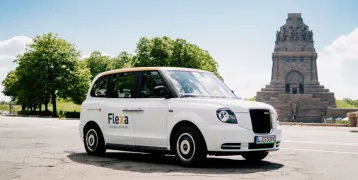Demand-Responsive Transport
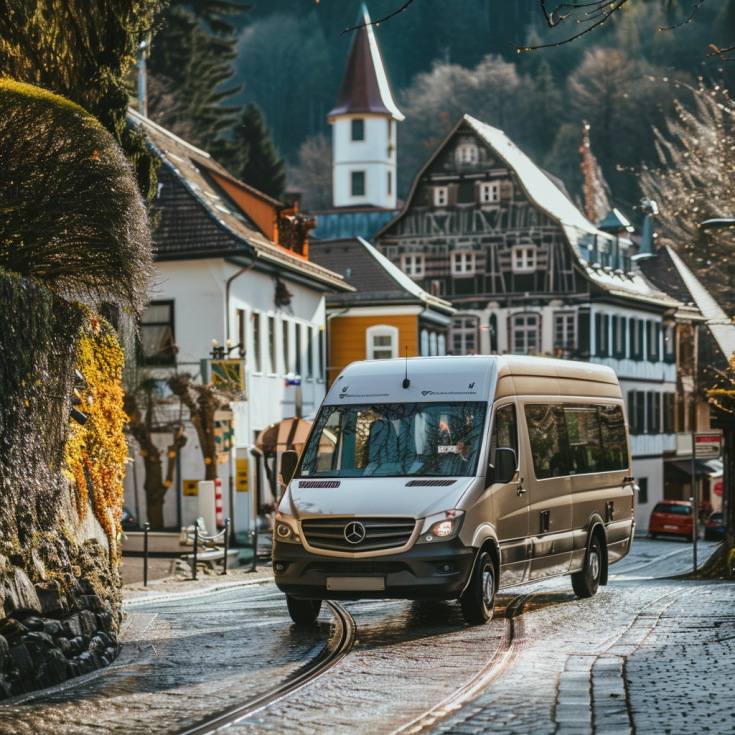
Demand-responsive transport (DRT) refers to all types of transport services that adapt their routes and/or schedules to answer their passengers' needs, aiming to provide a cost-efficient service that is also convenient for users. DRT can be used in many different settings and can be adapted to local requirements:
- They may use different vehicle types based on demand (usually minibuses or cars, rather than buses)
- They may have set pick-up and drop-off points, or otherwise offer door-to-door service
- They may be booked in different manners, such as website, application, or telephone
Ultimately, DRT is a solution that is adaptable to many different settings and many different target audiences.
DRT can be especially useful for rural and sparsely populated areas, helping to provide mobility options that are cheaper than traditional public transport by optimising vehicle use. In this way, they can also support economic development and social inclusion, in some cases targeting people with specific physical and mobility challenges. Some DRT systems are also targeted toward tourists in areas that experience high seasonal changes in traffic.
Since DRT systems are typically run for the public good, public authorities need to play a key role in setting them up. By understanding their regional needs and market, considering social aspects and concerns, piloting new technologies and approaches, working with mobility providers, bringing together the necessary stakeholders, and providing financial support to ensure sustainability.
In this policy brief, you will find what demand-responsive transport is, the European policy framework, and transferable good practices coming from Interreg Europe projects.
Download the policy brief
Download the policy brief below and start exploring how your region could benefit from demand-responsive transport!
